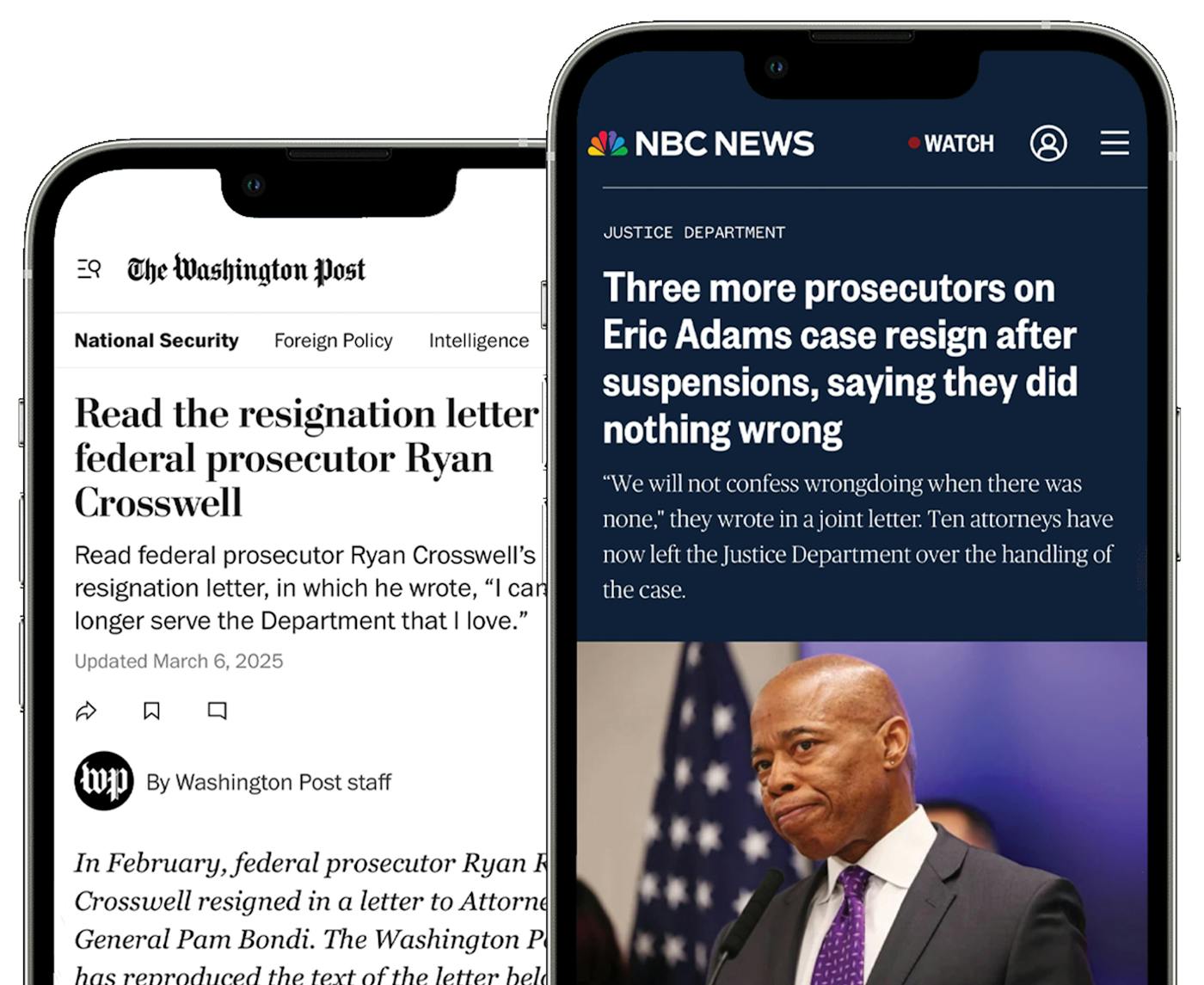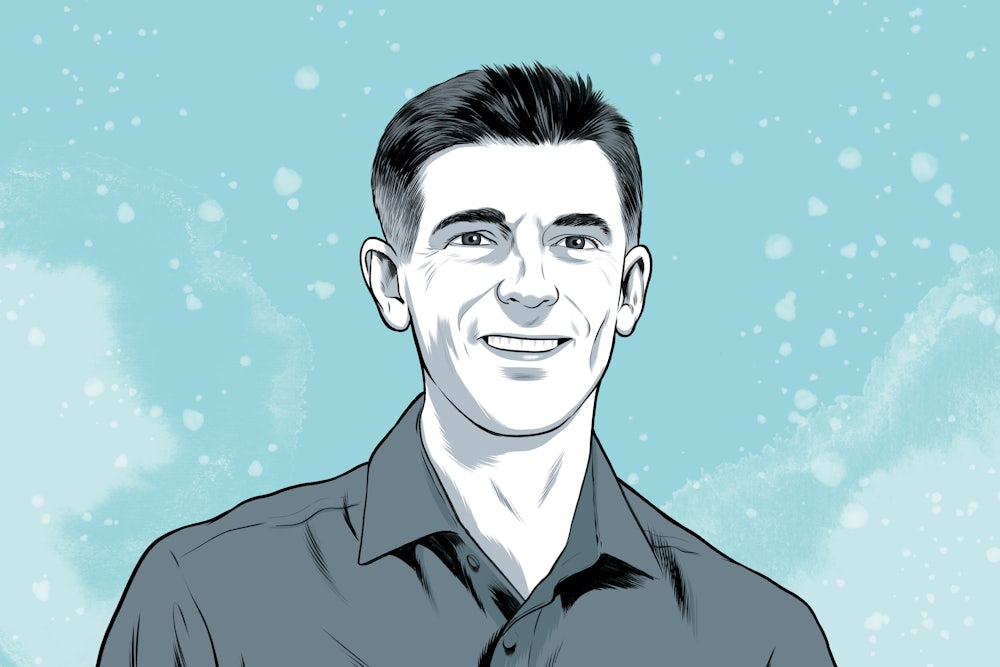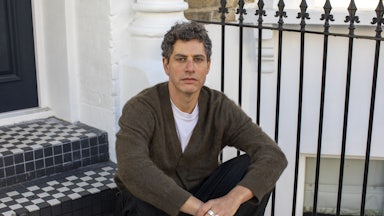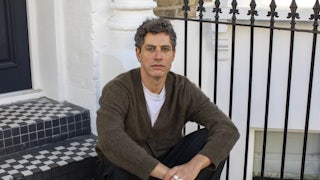It was about 500 outrages ago, but the dropping of all charges against New York City Mayor Eric Adams, a move that was ordered just three weeks into the new administration, still ranks up there as among the lowest moments of the Trump 2.0 regime. The Southern District of New York, after a lengthy investigation, persuaded a grand jury to indict Adams in September 2024. The indictment laid out a pattern of bribes and gifts that, over nearly a decade, totaled more than $100,000. Sometimes, it was alleged, Adams took cash. At other times, he took the graft in forms such as being charged $300 a night for the normally $2,500-a-night Bentley Suite at the St. Regis Istanbul, where the curved leather sofa has two built-in champagne coolers.
Adams was still a Democrat at that point. Three weeks later, though, at the white-tie Al Smith Dinner, there came a hint that friendlier winds were blowing in from other directions. “I know what it’s like to be persecuted by the DOJ for speaking out against open borders,” Donald Trump said from the dais. “We were persecuted, Eric. I was persecuted, and so are you, Eric.”
Fast-forward to February 10, when Emil Bove, a Justice Department official who had been a defense lawyer for Trump, ordered that the charges against Adams be dropped. The reason? Having to defend himself, Bove argued, would eat into the precious time Adams needed to enforce the president’s immigration policies. Bove also admitted that the move had nothing to do with the merits of the allegations. It was a nakedly political maneuver by a man who has since been accused by two whistleblowers of saying in a private meeting that he could ignore court orders to carry out Trump’s deportation plans—and by a third whistleblower of mischaracterizing his actions during the Adams affair.

Specifically, Bove tried to order the acting head of the Southern District, Danielle Sassoon, to drop the charges. Sassoon refused and resigned. Bove placed her deputies Hagan Scotten and Derek Wikstrom, who also refused the order, on administrative leave. (Scotten quickly resigned.) Then, Bove transferred the case to “Main Justice,” as the central Washington office is known, and to the Public Integrity Section. He tried to order acting head John Keller to drop the charges. Keller also refused and resigned, as did four other officials.
Ryan Crosswell had been an attorney in the Public Integrity Section since 2020. He’d helped prosecute the former governor of Puerto Rico and a New Mexico election denier. He was not among those summoned by Bove at first. But the next day—a Friday, and, as fate would have it, Valentine’s Day—he was part of the summoned group. “We were called in and told to find someone to dismiss the case,” he recalled.
Crosswell wrote his letter of resignation to Attorney General Pam Bondi that day. It went viral after The Washington Post published it on March 6. “I cannot fathom,” he wrote of Bove’s order, “how anyone would do this to the public servants he is supposed to be leading.” He asserted that the order had appalled DOJ colleagues and alumni—and then he acerbically observed that he wasn’t sure if Bondi would “view this as a compliment or a criticism.”
The next Monday, Crosswell officially resigned. “But I was clearing out my office that weekend,” he said. “My mind was made up. I couldn’t work for people like that.” Today, the career prosecutor, who was once an enrolled Republican, is running for Congress in his native eastern Pennsylvania as a Democrat.
As of late April, a total of 11 attorneys had left the department over the Adams case: Kevin Driscoll, Jennifer Clarke, Robert Heberle, and Marco Palmieri left in February, along with Crosswell, Keller, Sassoon, and Scotten. Derek Wikstrom resigned in April, along with Celia Cohen and Andrew Rohrbach, who had been placed on administrative leave after they refused to take part in dropping the Adams charges. Crosswell’s letter got attention, and deservedly so. But all 11 of these people answered history’s call and did the right and courageous and difficult thing.
And Bove? Naturally, in Donald Trump’s America, he’s now a federal judge.




